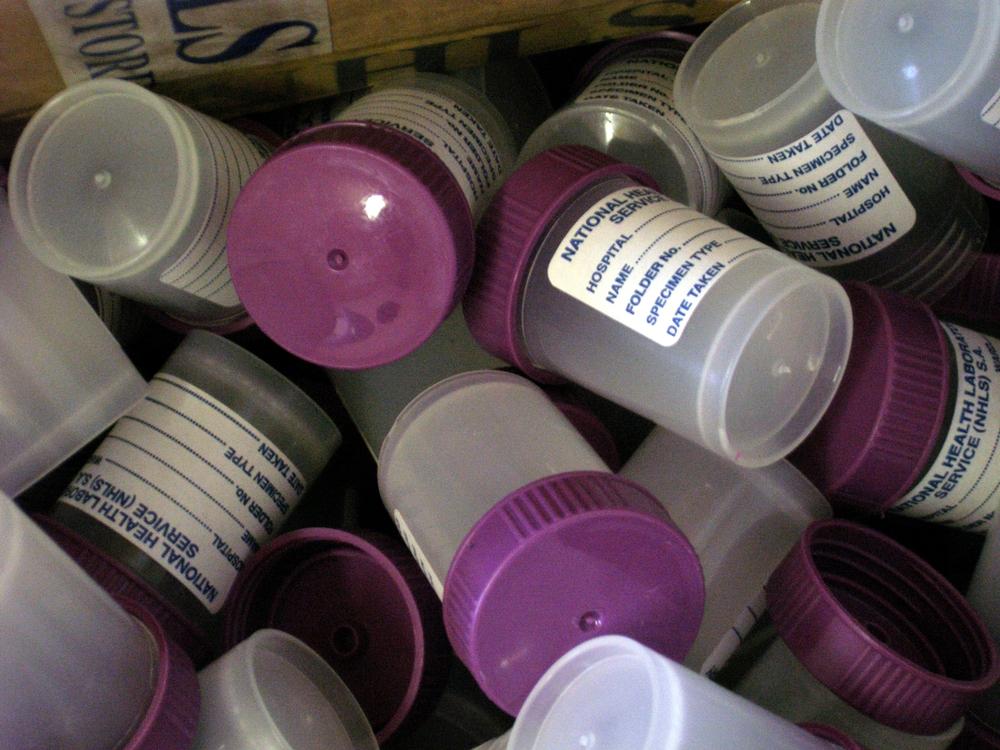This month Médecins Sans Frontières/Doctors Without Borders (MSF) commemorated ten years of antiretroviral (ARV) treatment in Khayelitsha on the outskirts of Cape Town. Started in 2001, the Khayelitsha project pioneered ARV treatment at a critical time in local and global HIV response and in one of South Africa’s largest, poorest townships, with a high HIV prevalence. Khayelitsha continues to suffer a dual-epidemic of tuberculosis (TB) and HIV.
The 10 year anniversary is something to celebrate because The ARV treatment programme has since become a success on many levels, demonstrating the positive impacts such as fewer deaths, and TB and HIV infections, that can accompany comprehensive, decentralised ARV care in high HIV prevalence and low-resource areas.
Thobani Ncapayi, one of MSF’s earliest ARV patients at in Khayelitsha, shares his history with MSF:
“When I was diagnosed HIV-positive in 1992, I was told to go back home to die. In 2001, MSF came to Khayelitsha and one of the nurses who was treating me [at another clinic] told me to go to the MSF clinic. I was lucky, when ARVs arrived in Khayelitsha in June, I was one of the first to start.”
“I weighed about 38kg and had a lot of symptoms of AIDS (but) I needed life. I had a son,” he says. “After starting treatment my CD4 count went up and my HIV viral load was undetectable. Even now, I am still on the first-line HIV treatment drugs.”
Today, 20,000 patients like Thobani are under HIV care here, many of whom are on ARVs. More than 55,000 HIV tests are conducted annually and through prevention of mother-to-child HIV transmission services, less than 3 percent of children born to HIV-positive mothers contract the virus before or during birth. In the absence of such programmes, as many of 40 percent of babies born to HIV-positive mums will be born HIV-positve.
The Khayelitsha programme also lead the way in HIV/TB treatment integration, which has almost doubled TB cure rates in the last five years. The project also showed the positive impact of concerted civil society mobilisation on stigma, HIV awareness and patient support.
“Although much remains to be done, the programme’s achievements demonstrate that is possible to turn back the tide of HIV and TB,” says Dr. Eric Goemaere of MSF’s South African Medical Unit. “Khayelitsha continues to inspire South Africa’s new national strategic plan on HIV/AIDS. Khayelitsha remains a beacon of hope and a beacon of inspiration.”
Khayelitsha’s accomplishments are important lessons at a time when world leaders have committed to putting 15 million people on ARV by 2015 at a recent high-level United Nations summit , which charted HIV treatment goals for the next decade.
Related Stories
VIDEO: Watch this special 10-year anniversary video about MSF’s Khayelitsha video here
Find out more about MSF's work in South Africa.
